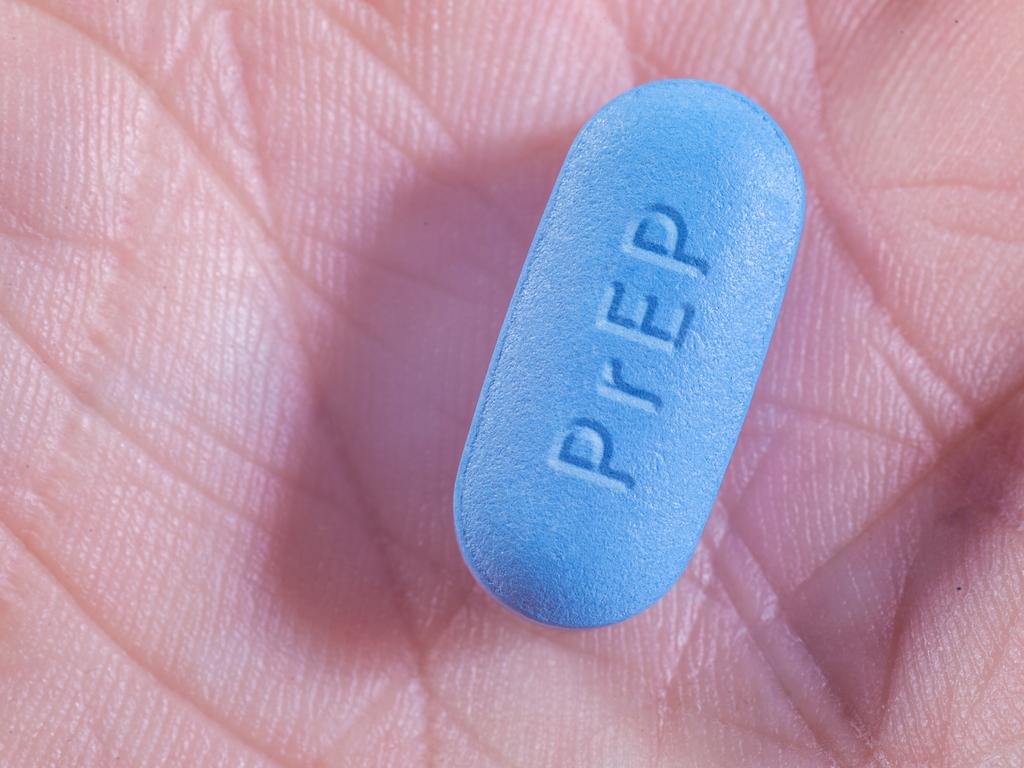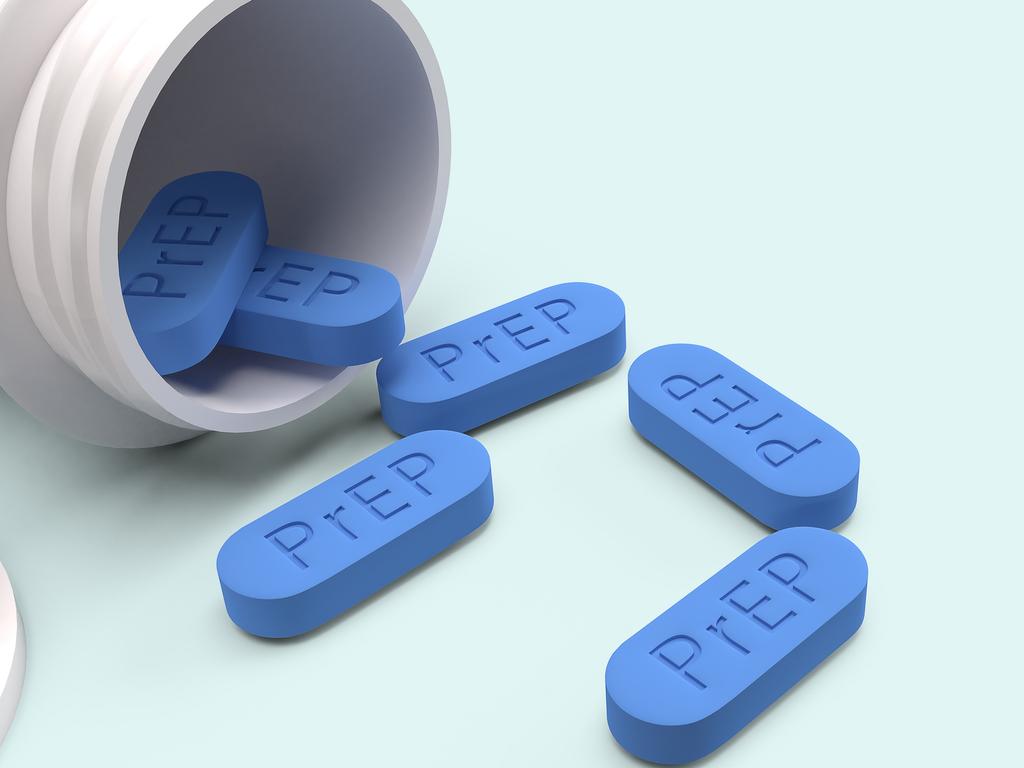Huge blow for HIV prevention revealed by TGA
A medication shortage has meant a major defence for HIV prevention will be harder for people to get their hands on.

A medication shortage has meant a major defence for HIV prevention will be harder for people to get their hands on.
The Therapeutic Goods Administration confirmed to news.com.au it was aware of shortages of multiple brands of tenofovir/emtricitabine combination tablets, which is used for pre-exposure prophylaxis (PrEP).
When used correctly, PrEP is effective in 99 per cent of cases.
PrEP is the medication used to reduce the risk of sexually acquired HIV-1 in adults at high risk, with a recent study revealing 70,000 people have been dispensed PrEP between 2018 and 2023 in Australia.

Most have received the medication more than once.
“The reasons for these shortages have been reported as ‘commercial changes/commercial viability’ and ‘manufacturing’,” the spokesperson said.
“The TGA and sponsors are undertaking various management actions to help ease the effects of these shortages and resolve them as soon as possible.”
James Sneddon, the CEO and co-founder of PrEP Health, which is part of online sexual health clinic Hyphen Health, said the TGA has been advising of this shortage for the past few months.
“Although we were confident in our supply through Healthsmart Pharmacy, the ongoing shortage and increasing demand with the warmer months have led to an unexpected shortfall,” Mr Sneddon told news.com.au.
“We were just informed by our pharmacy partner yesterday – ironically, on the eve of Sexual Health Day. It’s possible that smaller operators may have experienced these shortages even earlier.”

Currently, it is estimated that supplies will return to a steady pace at the end of October but there is no confirmed date at this stage.
Mr Sneddon said PrEP Health hoped its pharmacy partner can secure interim supply but they may still need to limit deliveries and not provide the full prescription and repeats.
“The ramification of this shortage could be huge and a big step back in our fight against HIV as condom usage has dropped and a general level of complacency around STIs has increased,” he said.
He said even when taking PrEP, it’s always recommended to practice safe sex by using protection and that people should talk to their sexual partners about their situation with PrEP.
“According to the World Health Organisation (WHO), more than 1 million STIs are acquired every day worldwide, the majority of which are asymptomatic – meaning someone might not even be aware they have an STI because they aren’t showing any obvious symptoms,” he said.






